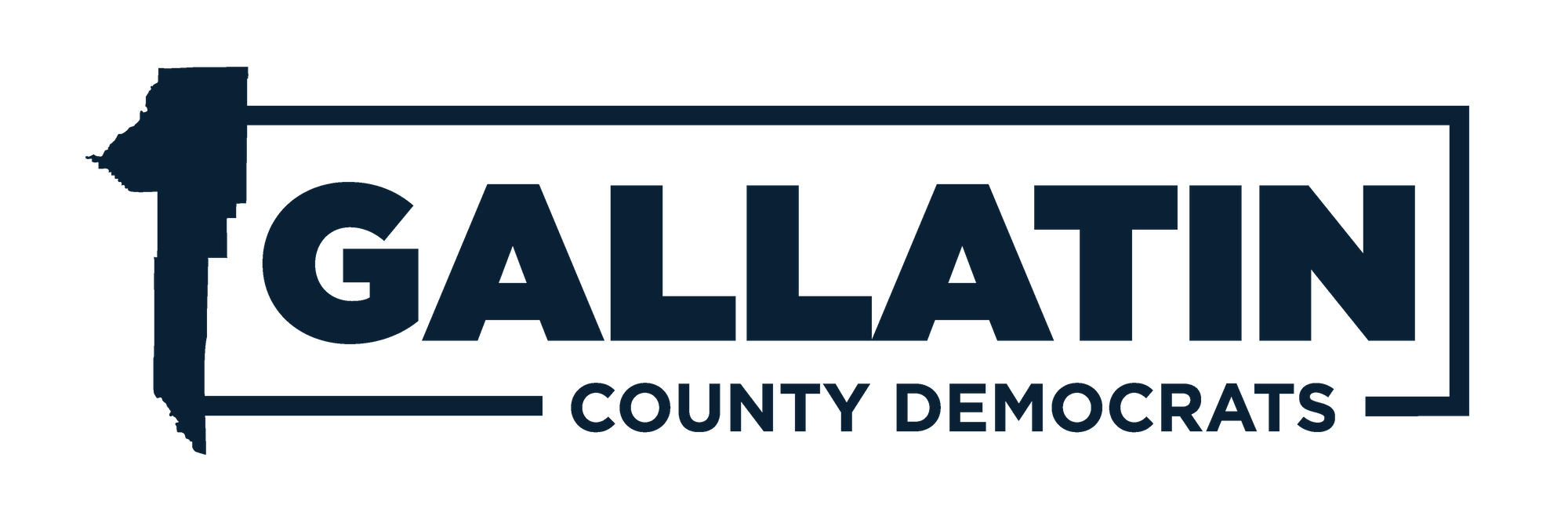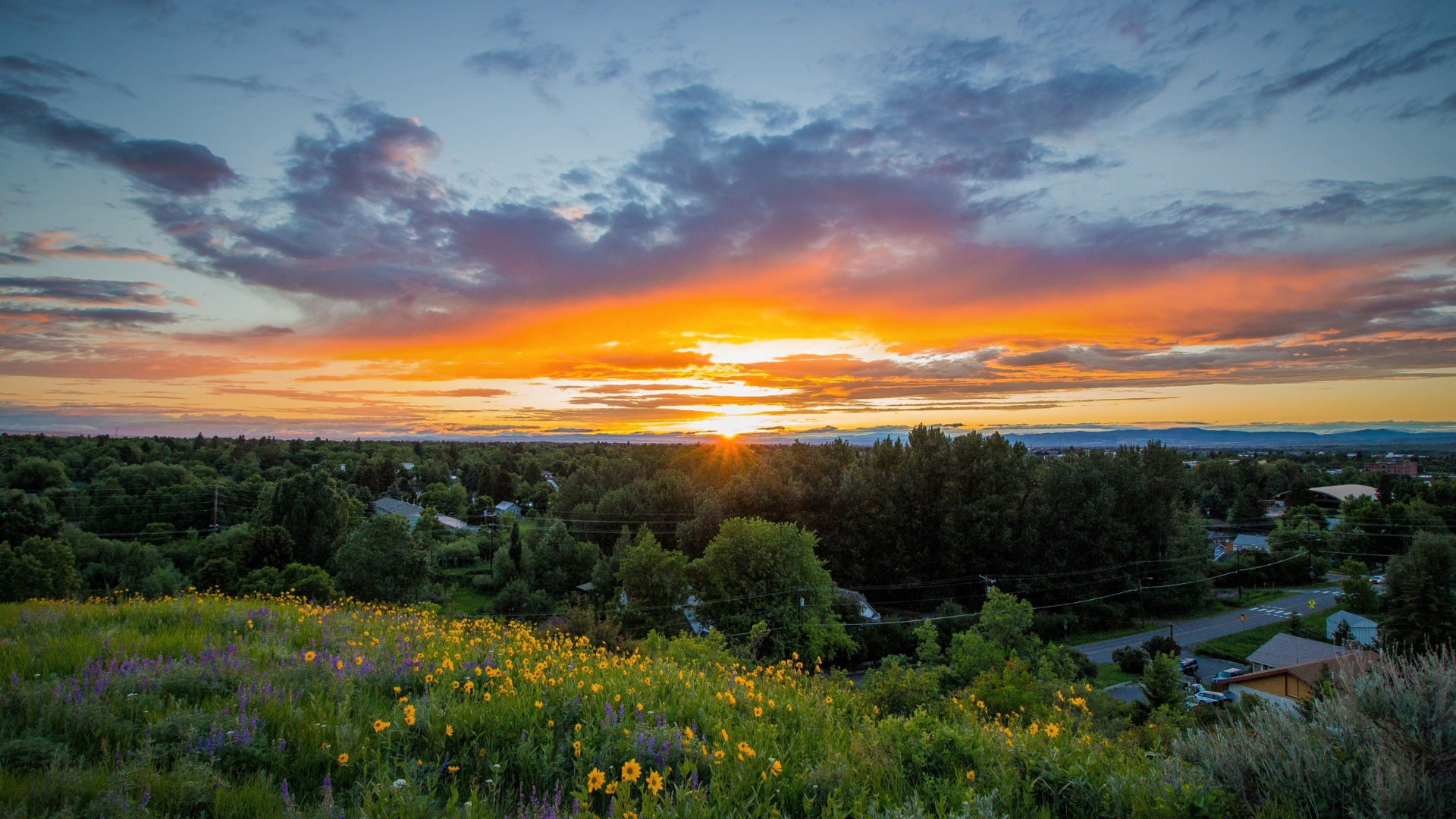By BOB WALKER
and MATT BOWSER
Guest columnists
Montana voters know that we’ll lose our outdoor way of life if we don’t fund it. Some lawmakers, though, seem fine with letting our parks, trails, working lands, access, and outdoor way of life go belly-up regardless of what voters want. To defend our outdoor way of life, all lawmakers have to do is support a solution that voters already approved: using recreational marijuana tax revenue.
Last November, 57% of Montana voters approved Initiative 190, legalizing recreational marijuana and assessing a 20% tax on its sale. About half of these tax dollars were meant to fund efforts safeguarding Montana’s land and water, creating new outdoor opportunities, protecting working farms and ranches, and supporting public access and wildlife.
Now, despite well-established precedent saying otherwise, lawmakers are saying it’s unconstitutional for voters to provide input on how the state spends tax dollars.
Multiple polls and voting records across the state show that Montanans want to dedicate more funding to our great outdoors. Use of public lands and waters is surging, there’s more demand than there are dollars, and we need to do something if we’re going to keep up.
Unfortunately, lawmakers are trying to rewrite I-190, claiming they know better than voters how this money should be spent. The House just approved three bills siphoning off public lands
funding and its preferred alternative, HB 701, cuts almost all the funds intended to help farmers and ranchers keep their land in production, expand public access, maintain trails and parks, and improve hunting and fishing opportunities.
Instead, some lawmakers in leadership positions have suggested using this revenue to pump up the general fund after it’s been drained by tax cuts that only benefit the wealthiest Montanans.
Our trails have been underfunded for years, leaving our city and state public trail network staring down a funding shortfall of over $7 million while trails become unsafe safe, erode away, and disappear into the underbrush. Every trail that we let fall into disrepair is a blow against the long tradition of public access that Montanans have been building for generations.
If we don’t maintain public access we will lose it, along with the hunting and fishing, riding, camping, hiking, and biking that well-maintained trails allow. Statewide, nearly three-quarters of Montanans depend on multiple-use public trails. More dedicated funding is needed for maintenance, improvement, and to expand more trail systems in and near growing communities to
increase our quality of life. Habitat Montana, the state’s premier access and conservation tools, is one of programs on the chopping block.
Meanwhile, our working lands, farms, ranches, and timberlands are in limbo. In 2019, landowners were facing down a $12.4 million shortfall in available conservation easement funding, and demand for easements continues to grow across the state because they help landowners keep lands in working agriculture and timber production, expand public access, and improve hunting and fishing opportunities.
Finally, our beloved state park system has an estimated $25.7 million maintenance backlog resulting from growing demands on facilities. Campgrounds, toilets, visitor centers, and other facilities need repairing while educational programs need support to serve ever more visitors.
The Montana Senate now has a short window to correct its mistake and restore the funding to its intended destination. On behalf of public land users, landowners, and outdoor enthusiasts
across the state, we urge the Senate and all legislators to approve funds for conservation and recreation programs as included in I-190.
Bob Walker is chair of the Montana Trails Coalition and Matt Bowser is stewardship director at Montana Wilderness Association.
Bozeman Daily Chronicle Guest Editorial 4/20/21

